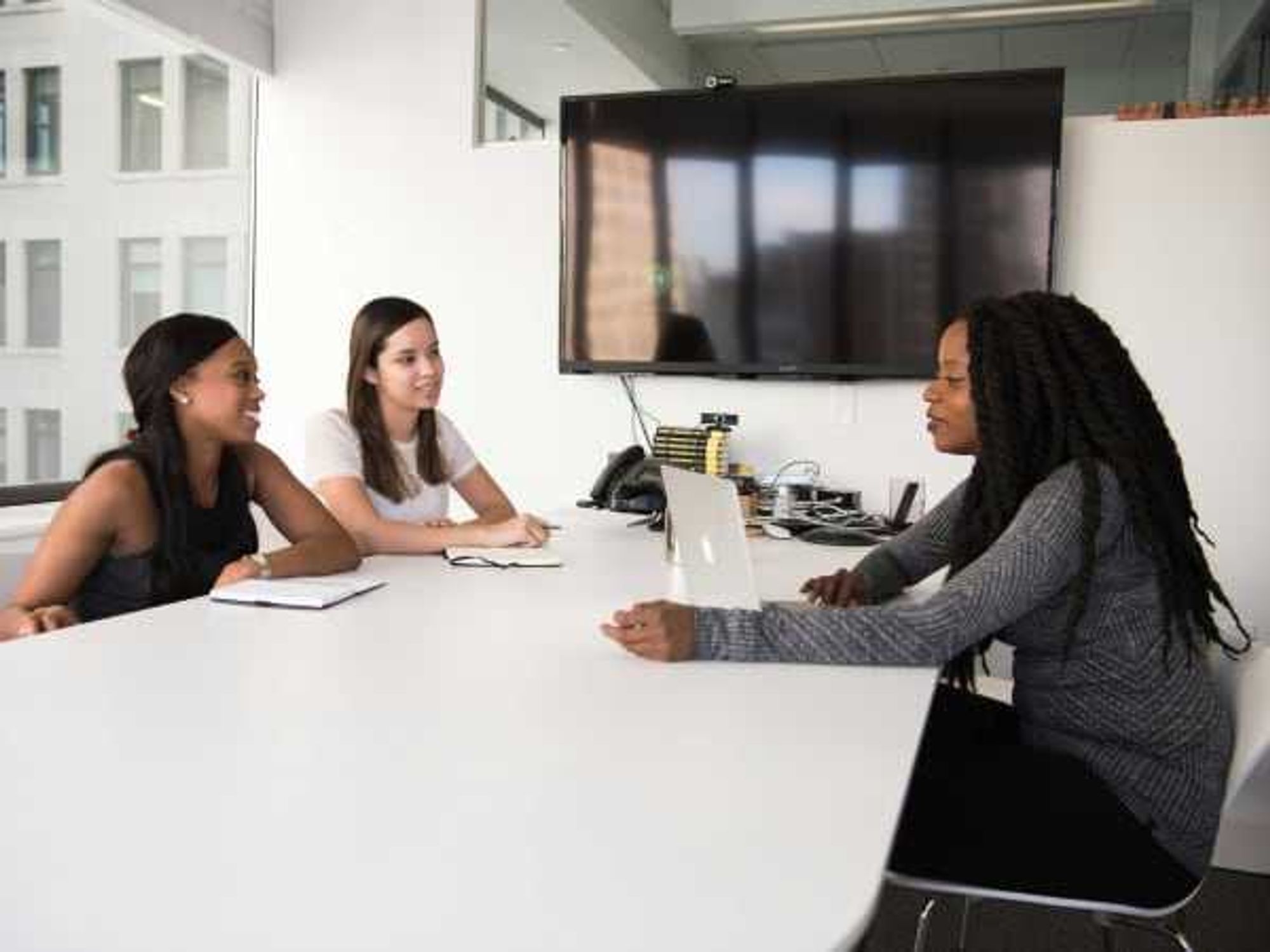The CultureMap Interview
TEDxSMU’s Sharon Lyle talks about learning to love Dallas and the value offailure
TEDxSMU has grown from its humble beginnings in 2009 into a city-wide institution thanks to Sharon Lyle. As director and producer of the one-day conference, Lyle has listened to her fair share of good ideas. Right now, she feels compelled to act on one of them.
“I’m a firm believer that if you stay too long, things don’t go well,” Lyle says. “It’s very bittersweet to step down from my role as director.”
Lyle has accepted a role as co-interim executive director of KIPP Dallas-Fort Worth, a system of public college preparatory schools. For the time being, she’s juggling KIPP and TEDxSMU, which kicks off December 1. When will another enticing acronym steal her away? Only time will tell.
“Frankly, TEDxSMU has really changed the trajectory of my life,” Lyle says.
CultureMap: How has TEDxSMU changed since 2009?
Sharon Lyle: We were one of the first universities to receive a license to do TEDx, and we were creating stuff on the fly. It’s much more of a well-oiled machine now.
It’s not the shiny new object anymore, but at the same time public awareness continues to grow. We’re engaging with new members of the community, particularly younger folks. I know that TEDxSMU can exist without me. It’s bigger than any of the individuals involved.
CM: What do you like best about working in the idea business?
SL: The people, without question. I have met the most extraordinary people over the last three-and-a-half years. Frankly, it’s really changed the trajectory of my life. It has exposed me to so many phenomenal individuals. It has been the most humbling and inspiration process.
CM: What kind of feedback have you received about TEDxSMU?
“How do we continue to create serendipitous conversations that lead to action?” Lyle asks.
SL: We do a survey after every conference, and reading that feedback is one of those joyous and painful moments. The main issue people wanted us to address was how to put ideas from the conference into action. We had to really think about what our responsibility was in that piece.
Many participants wanted us to translate the ideas from the conference into actionable items for them, but we have come to realize and accept that those items are going to be different things for different people. TEDxSMU is stimulating people to find ways to act on their own. The big question for us going forward is: How do we continue to create serendipitous conversations that lead to action?
CM: What are you most excited about at TEDxSMU this year?
SL: Thank you for not asking me who my favorite speaker is. That’s like asking a mother to pick her favorite child. The weekend goes by so fast for me. Whenever there’s a little lull, I just try to breathe and enjoy the moment.
CM: What’s the most important lesson you’ve ever learned through running TEDxSMU?
SL: I’ve learned tenacity. I’m so grateful for the support of an extraordinary city to take this however I saw fit. Overall, I think I go back to people being hungry to engage.
“People in Dallas are really hungry for smarty-pants conversations,” Lyle says.
People in Dallas are really hungry for smarty-pants conversations. During the breaks, people just have these intelligent, thoughtful conversations. It’s been great to be a part of that.
CM: What does Dallas do well?
SL: Dallas is brilliant at creating a vision and working toward that vision. Klyde Warren Park, Kennedy Trust and the Arts District are all stellar examples.
CM: What does Dallas need to do better?
SL: Historically, we’ve done a great job of [creating a vision and working toward it] in bricks-and-mortar and infrastructure. Now, we have a real opportunity to take that tenacity and passion and consider how we develop the city intellectually and culturally.
CM: What’s the best decision you ever made in life?
SL: It’s two-fold. First was blindly agreeing to come back to Dallas to work on TEDxSMU. I did not like Dallas growing up. I never felt like I fit in here, so coming back to Dallas as an adult and experiencing the city the way I have has been incredible. Dallas has given me opportunities that I wouldn’t have had anywhere else.
The second piece is going to India for a TED conference. I went alone and spent some time traveling by myself. I think everyone should do that at some point in his or her life.
Before this job, I was timid and so afraid of failure. This has been a great exploration. Failure is not the end of anything. It’s an opportunity to learn and try something different.
